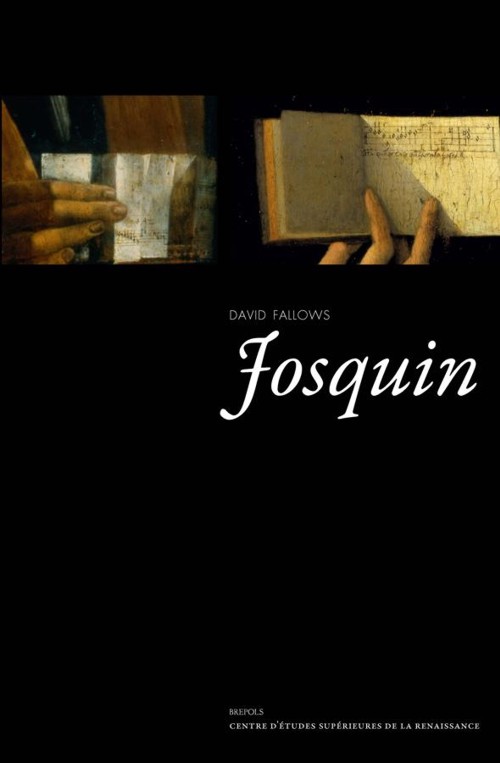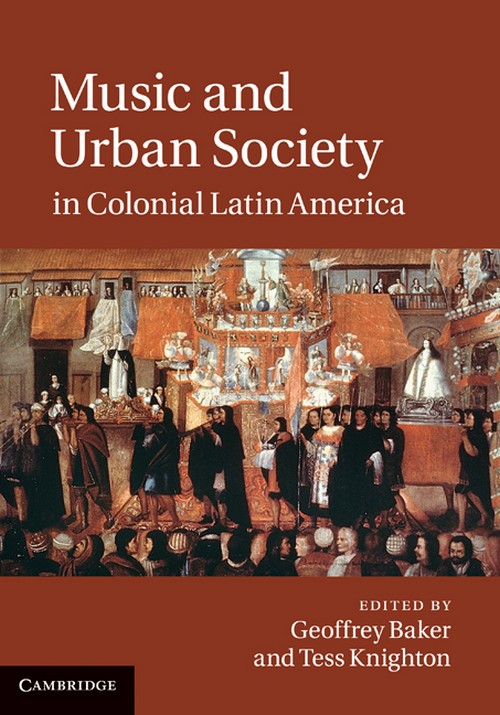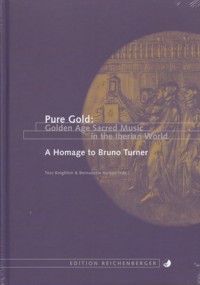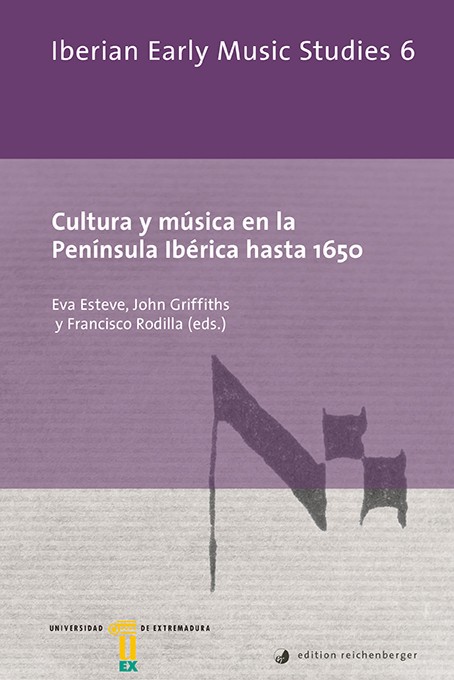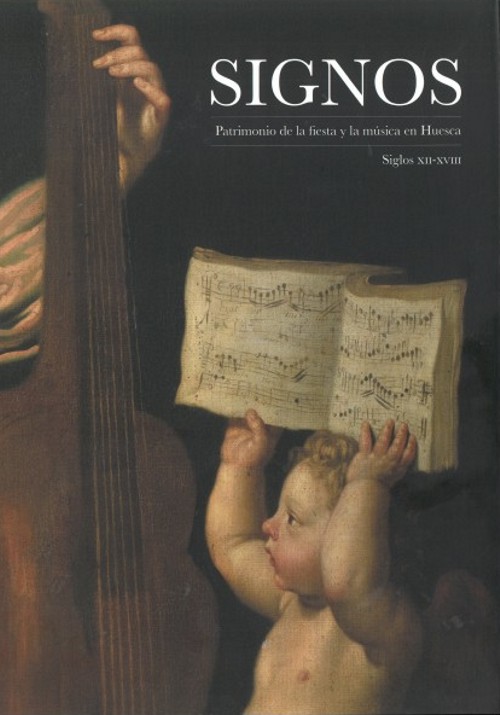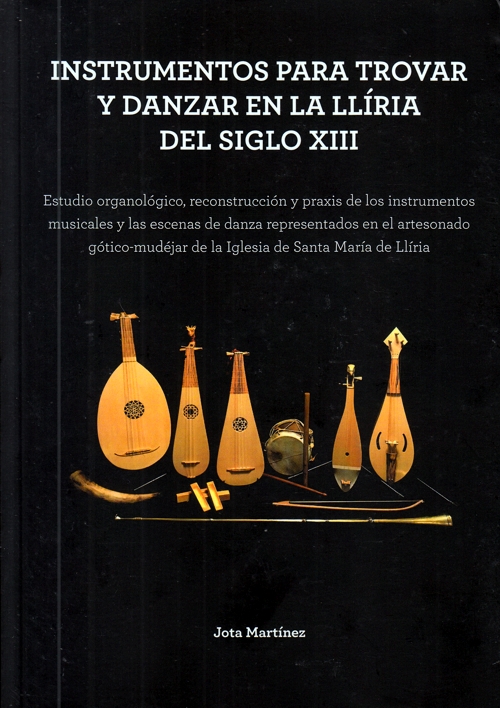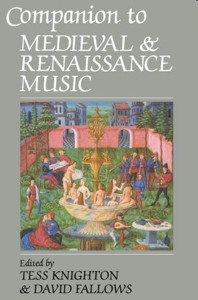
Companion to Medieval and Renaissance Music
Fallows, David
;Knighton, Tess
Oxford University Press. 1998Ficha técnica
- EAN: 9780198165408
- ISBN: 978-0-19-816540-8
- Editorial: Oxford University Press
- Fecha de edición: 1998
- Encuadernación: Rústica
- Dimensiones: 15x23
- Idioma: Inglés
- Nº páginas: XX+428
Disponible
SÓLO 1 EN STOCK - dato actualizado el 09/05/24 a las 07:05¡GASTOS DE ENVÍO GRATIS!
PVP. 53,00€
Añadir a la Lista de deseos
45 writers and performers analyse the outstanding issues concerning music before 1600.
The years since the early music revival gathered momentum in the 1960s and 70s have witnessed many new developments in the field of pre-Baroque music: some revelatory recordings and concert performances have opened our ears to a new range of possible sound worlds for music of this period, and scholars have made discoveries that in many ways challenge the accepted views about this until recently neglected end of the repertory. Much pre-1600 music, the more so the further we go back in time, sound not only unfamiliar but also strange to modern ears accustomed to the harmonies and rhythms that later came to dominate the Western musical tradition. How to account for this strangeness and how to weave it into our own musical experience are questions that confront us whenever we attempt to draw nearer to the music: its beauty is readily appreciated, but its meaning is often elusive.
David Fallows and Tess Knighton, scholars and critics in the field of medieval and Renaissance music, invited a number of international researchers and performers to contribute short essays on some of the most intriguing aspects of the subject. The aim was not so much a comprehensive reference book, although the Glossary gives brief definitions of terms and composer biographies, nor a strictly chronological survey, though the Chronology provides an overview of the main developments of the period, for these basic tools are already available. Rather, the Companion to Medieval and Renaissance Music, spanning over eight centuries of music-making, hopes to broaden and stimulate the reader's interest by discussing issues of live debate such as the original context for the music, how it was composed, and the ways in which it was performed.
What was it like to be a composer in the Middle Ages? Can we appreciate the difference between a good and a bad piece of medieval polyphony? Why did certain musical genres flourish and others fall into disuse? What can surviving documents or pictures or the musical manuscripts themselves tell us about how the music was performed, listened to, and appreciated during the period? The essays consider a wide range of the kind of evidence from which scholars and performers have to draw their conclusions and make the decisions that affect the ways in which the music can be brought back to life today.
CONTENIDO:
Illustrations
Music examples
Abbreviations
Introduction
Contributors
I- The Music of the Past and the Modern Ear
1: Daniel Leech-Wilkinson: The good, the bad, and the boring
2: James Haar: Value Judgements in music of the Renaissance
3: Christopher Page: The English a cappella heresy
4: Tess Knighton: Going down on record
5: Thomas Binkley: The work is not the performance
6: Peter Phillips: Beyond authenticity
7: Philip Pickett: Hard-sell, scholarship, and silly titles
II- Aspects of Music and Society
8: Reinhard Strohm: Centre and periphery: mainstream and provincial music
9: Barbara Haggh: The meeting of sacred ritual and secular piety: endowments for music
10: Keith Falconer: Ritual reflections
11: Christopher Page: Musicus and cantor
12: Tess Knighton: A day in the life of Francisco de Peñalosa
13: Anthony Rooley: A portrait of Sir Henry Unton
14: Laura W. Macy: Women's history and early music
III- Questions of Form and Style
Genres: Vocal
15: Katherine Bergeron: Chant, or the politics of inscription
16: Ardis Butterfield: Monophonic song: quesions of category
17: Hendrik van der Werf: Early Western polyphony
18: Margaret Bent: The late-medieval motet
19: Philip T. Jackson: Mass polyphony
20: David Fallows: Polyphonic song
21: Margaret Mabbett: Genre and function: some thoughts on Italian secular vocal music in the sixteenth century
Genres: Instrumental
22: Lewis Jones: Fourteenth- and fifteenth-century keyboard music
23: Hopkinsons Smith: Plucked instruments: silver tones of a golden age
24: Randall Cook: The medieval fiddle: reflections of a performer
25: Crawford Young: On the trail of ensemble music in the fifteenth century
26: Lorenz Welker: Wind ensembles in the Renaissance
Techniques of Composition:
27: Gareth Curtis: Musical design and the rise of the cyclic Mass
28: Irena Cholij: Borrowed music: `Allez regrets' and the use of pre-existent material
IV- Using the Evidence
29: Elizabeth C. Teviotdale: Music and pictures in the Middle Ages
30: Iain Fenlon: Music in Italian Renaissance painting
31: Stevie Wishart: Echoes of the past in the present
32: Lewis Jones: Surviving instruments
33: Reinhard Strohm: Unwritten and written music
34: Frederick Hammond: Researching the past: archival studies
35: Michael Noone: A manuscript case-study
V- Pre-Performance Decisions
36: Bruno Turner: The editor: diplomat or dictator?
37: Liane Curtis: Mode
38: Rob C. Wegman: Musica ficta
39: Kenneth Kreitner: Renaissance pitch
40: Honey Meconi: Is underlay necessary?
41: Alison Wray: Restored pronunciation
42: Jan Nuchelmans: Finding the right context: where to perform early music
VI- Performance Techniques
43: Paul Hillier: Framing the life of the words
44: John Potter: Reconstructing lost voices
45: Rogers Covey-Crump: Pythagoras at the forge: tuning in early music
46: Richard Sherr: Tempo to 1500
47: Ephraim Segerman: Tempo and tactus after 1500
48: Bernard Thomas: Divisions in Renaissance music
49: Andrew Lawrence-King: `Perfect' instruments
Chronology
Glossary
Index


